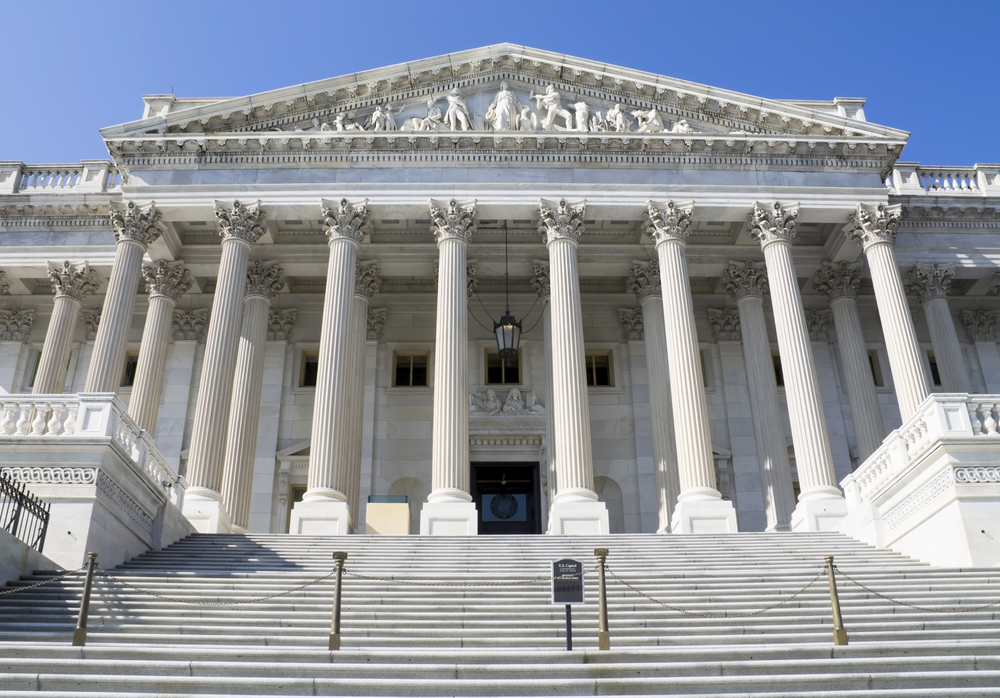Florida Attorney General Pam Bondi has filed a brief with the state Supreme Court arguing that it should uphold the state’s 24-hour waiting period for abortions, as the requirement “does not significantly burden the right to privacy.” But the fact that we even have to have this conversation is a damning indictment of pro-abortion rhetoric.
The legal battle over this law has been going on for over a year, with an injunction against enforcing it being lifted in February, only to be temporarily blocked again in April. The next round of oral arguments has yet to be scheduled.
Studies have shown that such laws are effective in changing the minds of women who don’t enter an abortion facility already certain of their decision–which means that abortion providers like Planned Parenthood stand to lose a bundle if the extra reflection results in more would-be customers changing their minds.
Of course, pro-aborts can’t say that, otherwise people might start asking why the “pro-choice” side isn’t truly neutral about what choice women make. So they’ve constructed an argument that waiting one day overly burdens the judicially-created “right” to abortion (never mind the inconsistency this creates between abortion and more burdensome restrictions they support on other rights the Constitution actually mentions).
Bondi’s 49-page brief takes aim at this argument:
The new law justifiably protects pregnant women from undergoing serious procedures without some minimal private time to reflect on the risks and consequences of the abortion […] the abortion decision involves deeply personal considerations, and a brief reflection period is a reasonable and minimally intrusive means of ensuring that informed consent to abortion is knowing and voluntary.
All true and well said. However, there is a much stronger point that should not only put this entire dispute to rest, but expose the fact that pro-aborts don’t really believe their own rhetoric: The US Supreme Court has already ruled that 24-hour waiting periods are constitutional, even within the framework started in Roe v. Wade.
The majority opinion in 1992’s Planned Parenthood v. Casey found that the waiting period does not qualify as an “undue burden,” because it “rationally furthers the State’s legitimate interest in maternal health and in unborn life,” and “may delay, but does not prohibit, abortions.”
That was not the judgment of a conservative, originalist, anti-abortion majority, but of a majority that accepted Roe and voted to reaffirm it in the very same decision. A judgment which has been the reining precedent from the highest court in the land for twenty-four years.
Of course, the mere facts that the Supreme Court says so and it hasn’t been reversed in over two decades don’t automatically make it correct. Those have never been pro-lifers’ standards.
They are, however, abortion advocates’ own standards.
How often have you heard abortion supporters declare that the subject of abortion “rights” is unquestionable because of Roe? How often have you heard them claim that Roe’s more than four decades on the books entitle it to deference as “settled law” under the stare decisis doctrine? They almost never make a case that Roe was rightly decided (maybe because so many of them already know it wasn’t); respect is simply demanded on faith.
These are why there’s virtually no pro-life law, no matter how modest, a state can pass without getting dragged into court. These are why abortion supporters scream bloody murder about Roe whenever there’s a vacancy on the Supreme Court, to the point where even judges nominated by pro-life Republicans feel the need to hide their true feelings about Roe behind doublespeak about “precedent.”
Well, if abortion apologists really believed these were genuine legal principles, they would admit that waiting periods (not to mention several other abortion restrictions) also had a legitimate claim to them. Or, if they really believed Casey was wrong about the matter, they would recognize it’s just as legitimate to question Roe.
Instead, we get the endless dance of situational ethics: when the Supreme Court has ruled in pro-aborts’ favor, all must genuflect before it; when it hasn’t, march on like that inconvenient precedent just never happened. Truth and correctness don’t matter; only what gets them the outcome they want at any given moment.
Imagine how different this country would look if more of the officials representing us called them on it.








